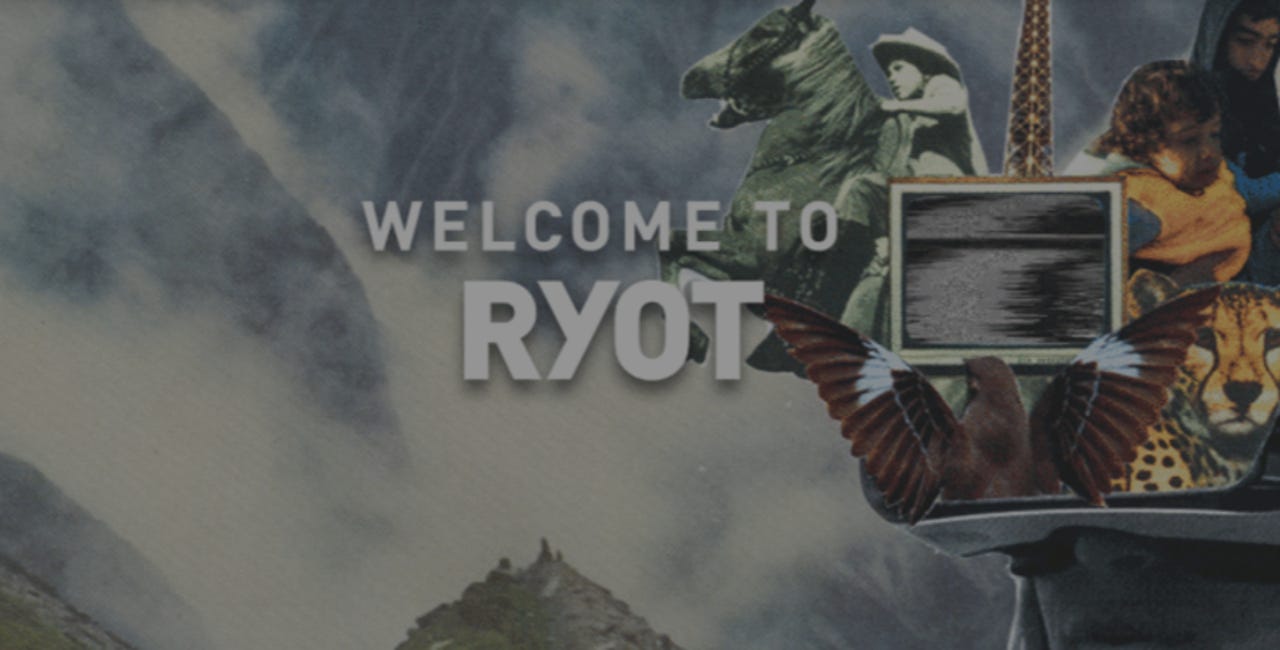Verizon's AOL buys virtual reality studio RYOT


AOL has acquired RYOT, a Los Angeles-based virtual reality studio, to enable in-house VR production at the Huffington Post. Terms of the deal were not disclosed.
Founded in 2012, RYOT is described as an "immersive media company linking content to action."
Featured
Going forward, RYOT will be used to create VR and 360-degree video content for each of HuffPo's 15 editions. Already, RYOT stories are being aggregated into a single URL on the Huffington Post website.
As an added bonus, the deal also gives other AOL properties, such as TechCrunch, Engadget and Autoblog, access to RYOT's VR capabilities.
"The Huffington Post is continuing to reimagine journalism as we move into the next generation of dynamic storytelling," said Arianna Huffington, cofounder and editor in chief of the Huffington Post, in a press release. "From day one, we've been committed to using all the tools at our disposal to tell the most important stories of our time."
AOL is owned by U.S. telecom giant Verizon following last year's $4.4 billion acquisition. At the time, the plan was to help Verizon get a leg up in mobile video, as well as to see what AOL could bring to the table with content delivery.
Fast forward to today and the it's clear that the plan is now taking shape.
Looking at the bigger picture, the deal is just the latest example of how VR is quickly becoming the star tech trend of the year.
Most notably, Facebook CEO Mark Zuckerberg -- who has has long predicted VR and AR to become the next iteration of mobile computing and the future of digital communication -- made the technology a major focal point during the social network's recent F8 developer conference.
Facebook-owned Oculus recently released the first generation Oculus Rift VR headset, which has prompted the social network to push for the production of more VR and AR-compatible videos to funnel into the Oculus ecosystem. With RYOT, we'll likely see a handful of media companies to do just that.